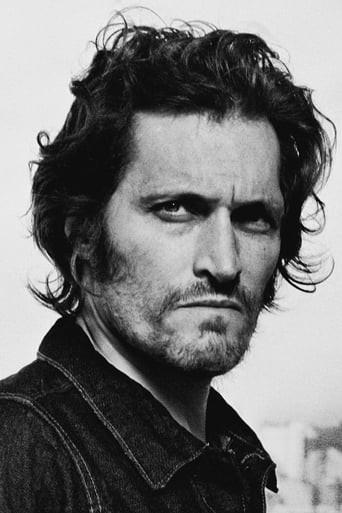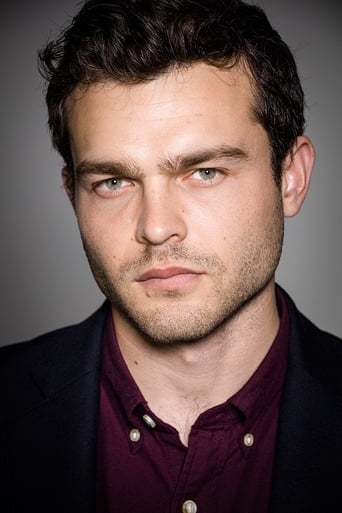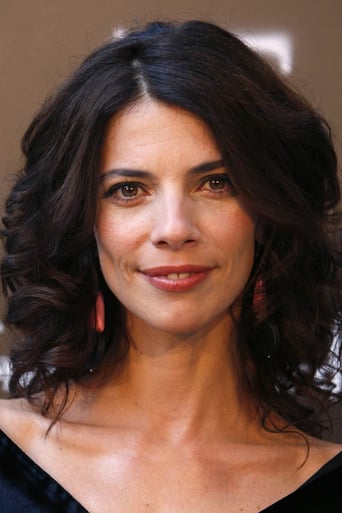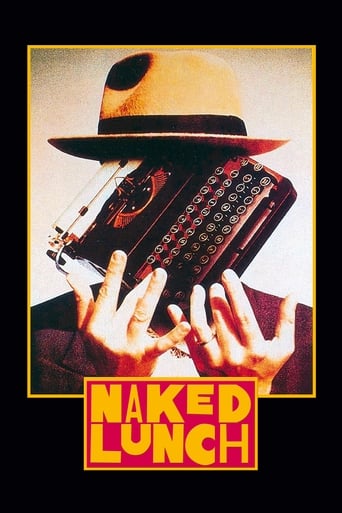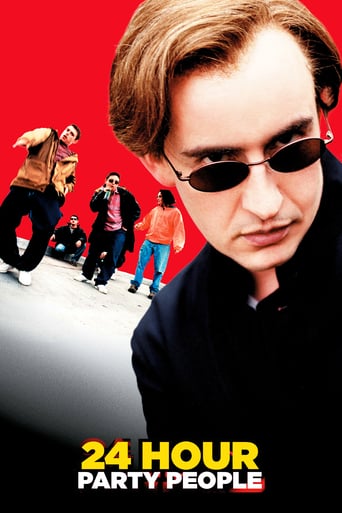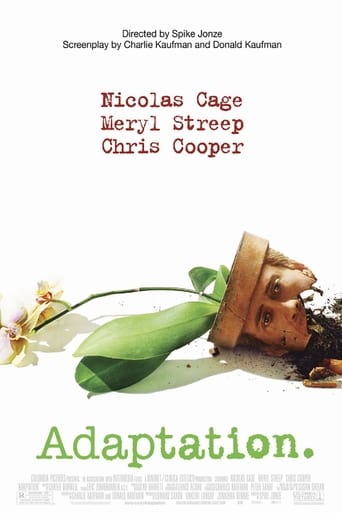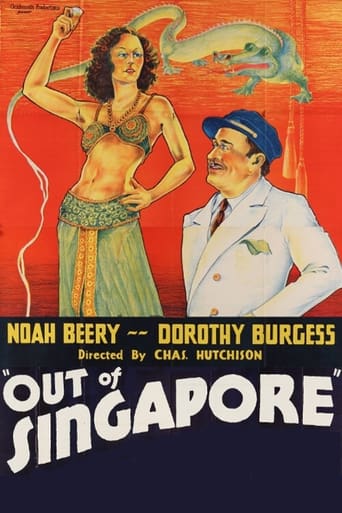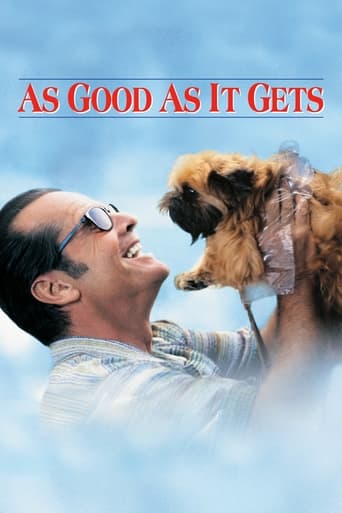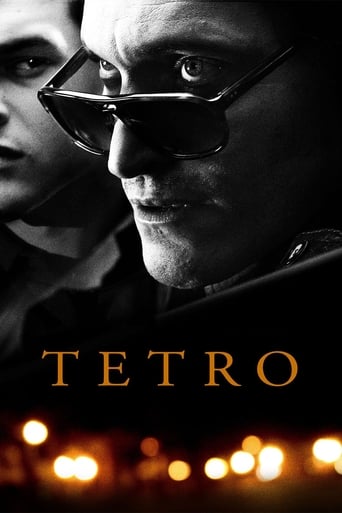
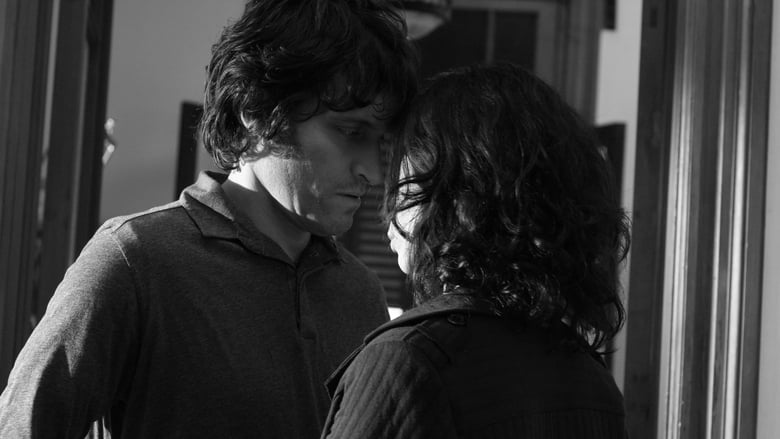
Tetro (2009)
Bennie travels to Buenos Aires to find his long-missing older brother, a once-promising writer who is now a remnant of his former self. Bennie's discovery of his brother's near-finished play might hold the answer to understanding their shared past and renewing their bond.
Watch Trailer
Cast


Similar titles
Reviews
During a lull in receipt of new movies at my local public library I found the BluRay of this movie on the shelves, begging for a viewing. I have found almost any recent movie on BluRay is worth seeing for the glorious picture and sound. This one fits the bill.It is set and 'filmed' digitally in beautiful Argentina, mostly in relatively high contrast B&W, with flashback scenes in full color. It works very well and looking back at my viewing experience I enjoyed the cinematography even more than the story.Yet the story is good, generally around old and new family dynamics. Set in early 2008, mid-40s Vincent Gallo is 40-ish Angelo Tetrocini, son of a famous musical conductor. He was a promising writer but left his American home and went off to Argentina where he no longer wrote. He doesn't want any connection to his family and has dropped his real name and goes only by 'Tetro'. If you look up the definition of 'tetro' you get " gloomy, sullen bleak, dismal, grim " and that pretty well characterizes Tetro. His younger brother is Alden Ehrenreich, about 18, as Bennie, about to turn 18. He has a job as a waiter on a cruise liner that has engine problems so he has a few days to look up Angie, his brother. But Tetro is not happy to see him, he makes that clear, but his wife urges Bennie to stay with them for the few days.Bennie discovers Tetro's unfinished manuscripts, which also infuriated Tetro when he found out. But they being all "unfinished" Bennie was determined to write an ending. he turned it into a stage play which became a contender at the May 2008 Patagonia festival.The movie is seldom fun to watch, well maybe the scene where Bennie, just having turned 18, is in a bathtub with two attractive young ladies. But it is a gripping drama and Gallo is ideal for the role.SPOILERS: The family dynamics were even more serious than we first knew, Bennis is not Tetro's brother, he is actually his son from a brief love affair when Tetro was 20. I'm still not sure why Tetro was rejecting even his own son but in the end it seems that there would be redemption for all.
Grass roots film making no big budgets or CGI effects just an almost solid cast reading an original script, guided by the hand of master craftsman, Mr Francis Ford Coppola. Tetro will appeal to those who enjoy the art of film and recognise quality and depth through alternative channels. Shot in black and white, the imagery was bold and confidant, beautiful and haunting, many talking points to unfold. We have not just a film but also a theatrical event lasting 143 minutes deserving of a standing ovation. Tetro is a project surely missed by the masses; it reminds us of what real filmmaking is all about and sits comfortably amongst Coppola's best work.
TETRO is the first original film from Francis Ford Coppola in quite some time, and it is also his most personal film in a long while. Tetro is a melodramatic tale about family secrets, and the complicated relationship between a father and his wayward son, and between brothers, and is reminiscent of the films of Douglas Sirk, et al. It has been shot in luminous black and white by cinematographer Mihai Malaimare Jr (Youth Without Youth, etc), which enhances the mood, although flashbacks and a couple of fantasy sequences have been filmed in color. Osvald Golijov's music score also enhances the drama, and gives it an almost operatic quality. Vincent Gallo plays Tetro, the gifted son of a famous maestro (Klaus Maria Brandauer), who has turned his back on his family and is living in Buenos Aires. A once talented writer he has not produced any thing for a while. Then Tetro's 18-year old brother Benjamin (played by newcomer Alden Ehrenreich) arrives, when the cruise ship on which he works breaks down and undergoes repairs. Benjamin stays with Tetro and his wife in their small apartment, although the relationship between them is strained and tense. But Benjamin's curiosity about an unfinished play leads to an understanding about their painful past and eventually brings about reconciliation. Tetro may not be Coppola's best film, but it is certainly amongst his most interesting and emotionally powerful work for some years.
Francis For Coppola has created a major cinematic miracle in his TETRO. The film is hauntingly beautiful to see, to hear, and to challenge the minds of the viewers. This is what great cinema is all about - taking the risks of storytelling to the impossible extremes available to only the great writer/directors such as Federico Fellini, Alain Resnais, Alexander Sokurov, François Truffaut, Jean Renoir, Akira Kurosawa, Ingmar Bergman, and Luis Buñuel. Heady company, this, but Coppola rises to the occasion with this multilayered exploration of family secrets and the dissection of the concept of 'genius' - all in the quiet guise of autobiographical references that make this work more than simply one of his many successful films. He has the grace to select artists of his own caliber to assist him: the cinematography (as complex a marriage of rich black and white and stunning color as anyone has achieved) is by Mihai Malaimare, Jr.; the musical score is by the brilliant Argentinean composer Osvaldo Golijov whose atmospheric compositions mesh perfectly with the influential moments of Puccini, Brahms, Offenbach, and Delibes; and a group of actors whose range of talent spans decades of experience and levels of finesse. It all works to one end, and that end is a celebration of a master's art of making memorable film. The setting is Buenos Aires where Tetro (Vincent Gallo), a writer of plays and novels, all incomplete and written in code and confusing manner - never having published any of his output, lives with Miranda (the brilliant Maribel Verdú), a doctor at the 'insane asylum' where she met Tetro as her patient. Into this shadowy place steps Benjamin (Alden Ehrenreich) who has run away from military school and is working as a waiter on a cruise ship docked in Buenos Aires for repairs. Benjamin seeks out his half brother Angelo (Tetro's discarded name) to try to find out about his confusing and dysfunctional family. Benjamin worships his older brother who taught him all the important aspects of art and life before Tetro disappeared, shunning the family that birthed him. Miranda convinces Tetro to allow Benjamin to stay with them despite the fact that Benjamin represents the family he deserted. Benjamin discovers the writings of his brother and manages to de-code them and writes an ending for a play that Tetro never finished. The play is produced by a small but adventuresome theater run by one Jose (Rodrigo De la Serna) and enacted by Abelardo (Mike Amigorena) and Josefina (Leticia Brédice). Upon hearing this Tetro is enraged and begins to relate the truth about the family that produced both boys - crux of which is the father figure Carlo Tetracini (Klaus Maria Brandauer) who sole claim to 'genius' in the family is his power as one of the most revered orchestral and opera conductors in the world. The remainder of this complex story unwinds the secrets long held within the family and the truths discovered by Benjamin alter his life and his perception of family and love and commitment. Many of the secretive portions of the story are revealed not only in flashbacks of the family, but also in full color dance and theater sequences focusing on 'Coppelia' and 'Tales of Hoffmann', subtle suggestions to the audience of the truths yet put into words by the actors. These sidebars are brilliantly executed and designed and performed and beg for more time on the screen. If the last portion of the film is a bit slow (a flaw comfortably corrected by the presence of the great Carmen Maura as the preeminent judge of taste and talent who goes by the symbolic name of 'Alone'), this gives the audience time to assimilate all of the information that has been inexorably revealed throughout the course of the film. TETRO is film-making at its finest. It demands much from the audience, but its rewards are considerable. Highly recommended. Grady Harp


